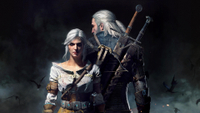Netflix's Witcher series kicks ass
Cavill kills it as Geralt in one of the best shows this year.
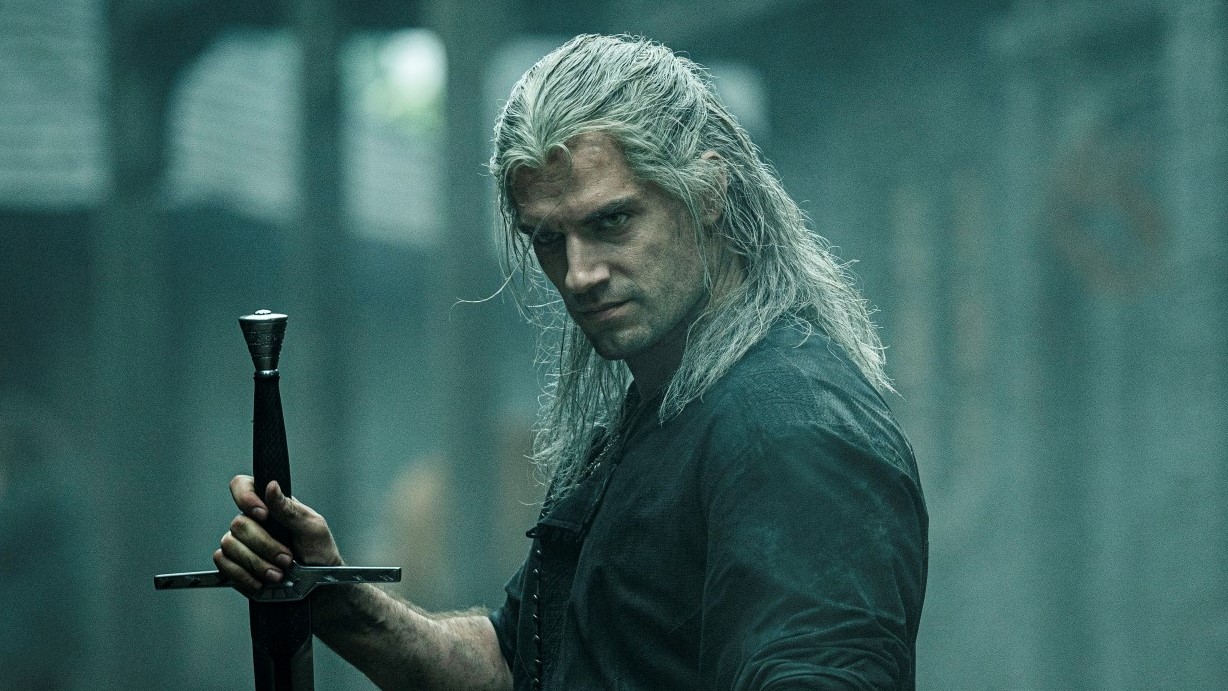
The Witcher TV series is not Game of Thrones. There are too many oversaturated scenes and folk tale monsters. It's not Lord of the Rings. There's too much pointless death with zero lessons learned. It's not quite the books or the games it pulls from, either, but somewhere suspended in between. The first season of The Witcher show is an original interpretation of Andrzej Sapkowski's fantasy epic with a massive Netflix-sized budget, and it's not just a great adaptation, it's one of the best shows I've seen this year.
The Witcher is horrifying at times, cute and sweet at others. It's funny often, with restrained comic timing. It's horny, like, a lot. It's framed by a disorienting and complex political conflict swirling around in a massive cauldron of noun soup, but it's all grounded by Geralt's monster hunting day job. Almost an anthology, we follow Geralt between villages and castles as he takes on dirty jobs for dirty people from every class and background.
The Witcher's world is a cynical one, perched on a history of brutal colonization, endless wars, and magic that doesn't allude to gods and purpose but is literally chaos itself bent into submission. It's where monsters are often more sympathetic than humans, products of abuse and random cosmic misfires rather than inherently evil morality figures. Here, fairytales end with everyone dying before the big lesson hits.
The show nails it.
We've only seen the first five episodes so we can't judge the whole eight-episode season, but what I've seen so far proves showrunner Lauren Schmidt Hissrich knows exactly what makes the Witcher universe so compelling. A second season is already promised, but I hope we get many, many more. (Light spoilers for episodes one and two ahead.)
Cavill is Geralt
Don't worry about the voice. It's like Doug Cockle climbed into a Henry mech.
For anyone familiar with the games, whether or not the show is any good hinges on how good its Geralt is. No worries there. Henry Cavill immediately sheds his handsome Superman persona and melts into the role of a jaded, sardonic, almost imperceptibly sweet bounty hunter.
Cavill as Geralt is as limber and graceful you'd want, whipping those swords around like a seasoned monster hunter. There's no question why he's called the Butcher of Blaviken in the games, made extremely evident during the first episode. He cuts through 10 men in 20 seconds, kicking off the scene with a defeated, slightly mocking "Fuck".
Keep up to date with the most important stories and the best deals, as picked by the PC Gamer team.
In one continuous shot, Geralt blocks a crossbow bolt, stabs a guy through the mouth and rips up to split his skull in two, guts a few guys, lops an arm off, uses the aard (basically force push) to knock a bundle of them back, then beheads a dude he already stabbed because fuck that guy in particular. Cavill swings that thing around like he's carried it since the crib.
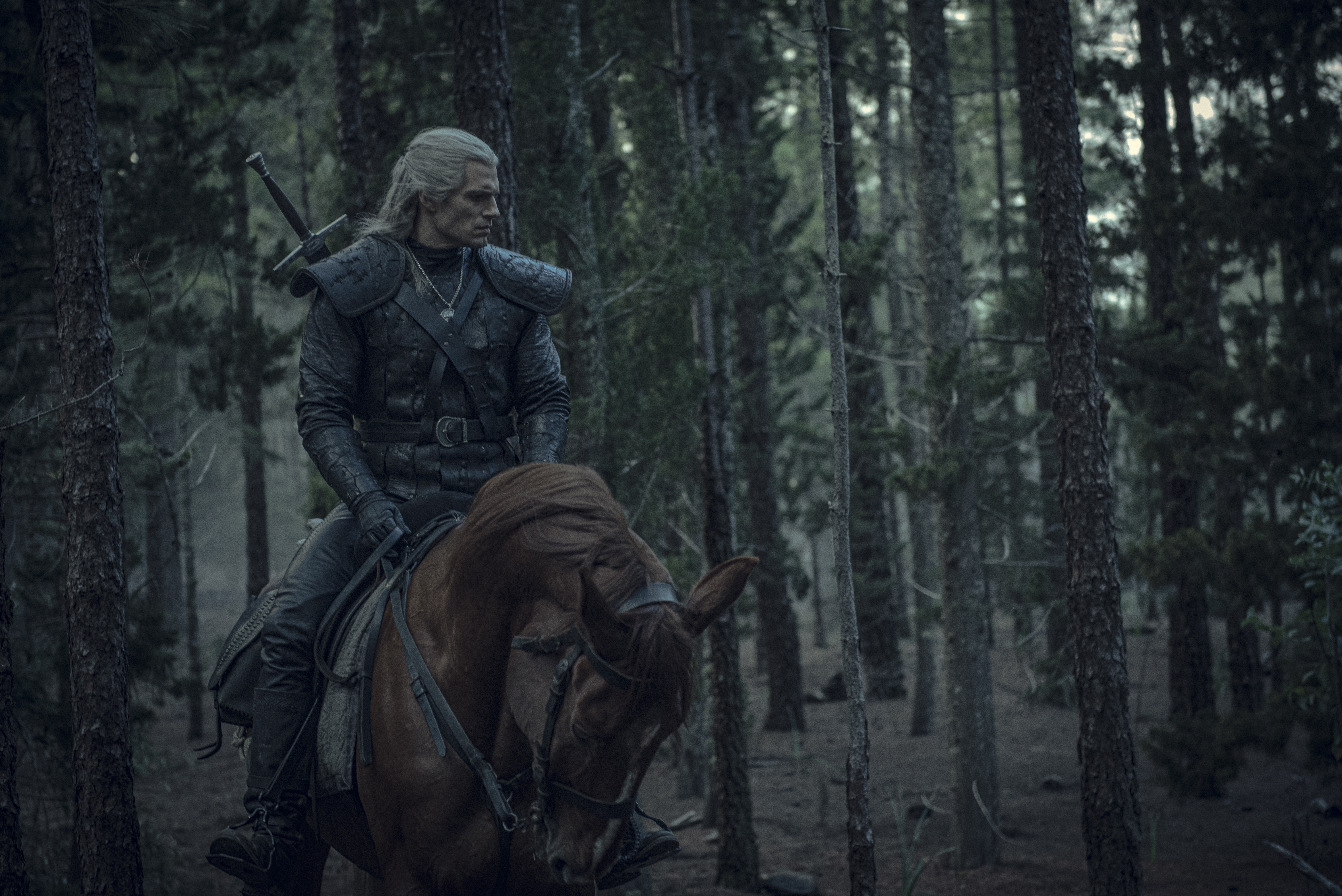
The Witcher season 2: Release date, cast, and trailers
The Witcher 4: Will it happen?
It's not the only time Geralt gets his man-sword out, and he'll often, thank goodness, interrupt or wrap up fights with a potent one-liner, the timing as perfect and delivery as flat and dead as I hoped for. And don't worry about the voice. It's like Doug Cockle climbed into a Henry mech.
When he's not cutting down fools, Cavill's sniffing the dirt for signs of monsters, begrudgingly helping snide mages, shooing away Jaskier (Dandelion in the games), or cracking wise to his haters in grimy inns. He loves Roach and Roach doesn't really give a shit. Netflix Geralt presents as a nihilist vagabond just trying to get by, a brooding dude soured on the world but who can't help his nature: he cares. He cares about Jaskier, Yennefer, and even complete strangers tangled up in the messy business of politics and monster hunting. I forgot Cavill was there by the end of the first episode. It's our boy.
The gang's all here
We're reviewing and recapping all eight episodes of Netflix's Witcher TV series from the perspective of a fan of the games.
1. The End's Beginning
2. Four Marks
3. Betrayer Moon
4. Of Banquets, Bastards, and Burials
5. Bottled Appetites
6. Rare Species
7. Before a Fall
8. Much More
Geralt steals the show, but he isn't the whole show. This is an ensemble story. Yennefer's origin story plays a huge part, and Anya Chalotra depicts her simmering pain and fury perfectly.
One of the early climaxes in Yennefer's story is also some of the most disturbing TV I've seen this year, braided in with another equally intense scene happening simultaneously. It was one of those slack-jawed Jesus Christ moments that only come around so often, and I already kinda knew it was coming. Adaptation, baby. A new medium and talented creators completely renewing a familiar story.
Ciri plays a big part too, though her scenes are largely limited to brief interstitials tying the disparate character stories together. In the books, Ciri's story doesn't really take off until after the two collections of short stories. I'm guessing the show might kickstart that arc, but Freya Allan does well with what she's given, even if most of it is confused panic. I'm curious to see how she handles Ciri's more stubborn and bleak characteristics.
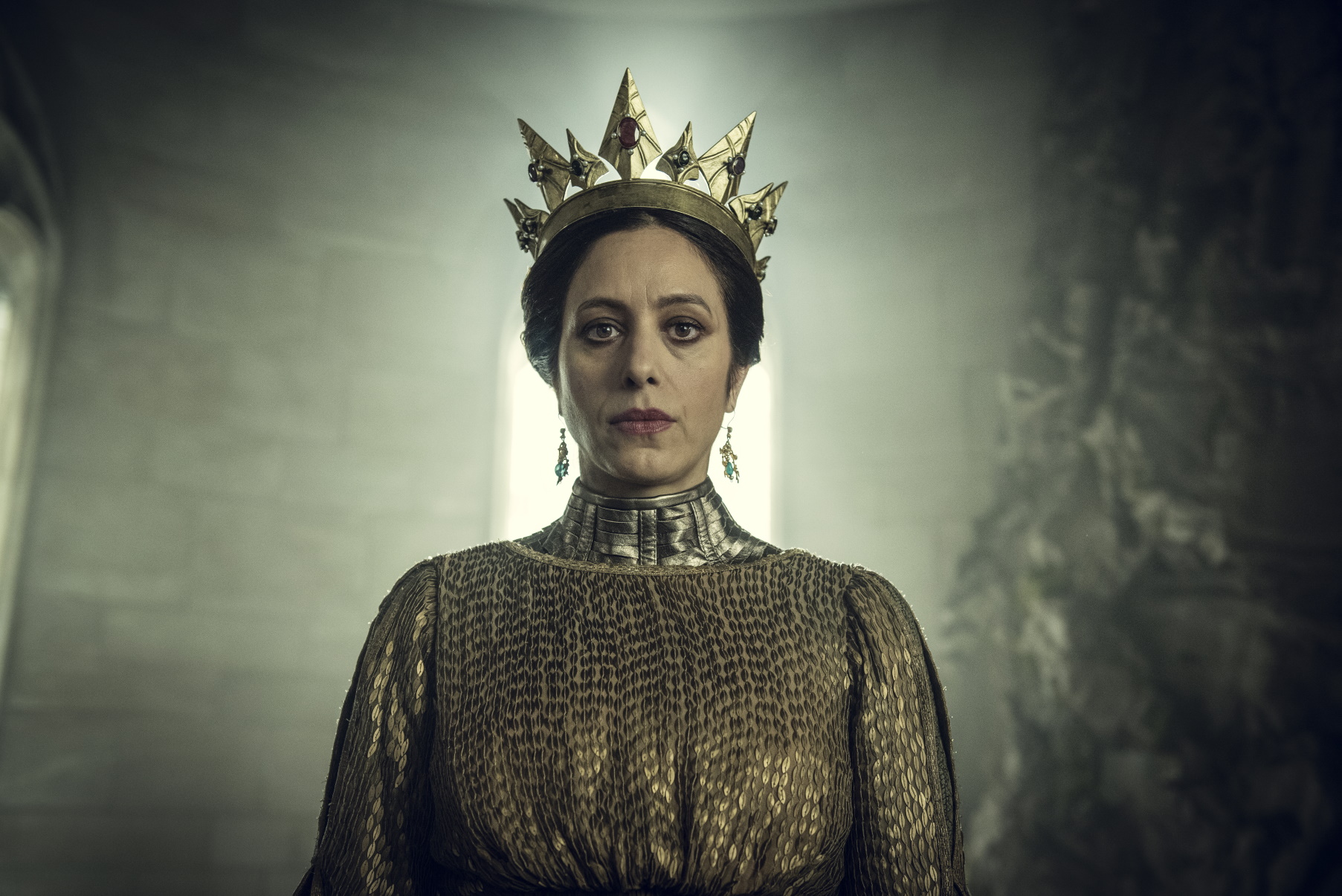
Jaskier, played by Joey Batey, is a goofy, conceited idiot who plays well off of Geralt's stone cold demeanor like I'd hoped. The show's take on his bard tunes don't always feel appropriate for the setting, a bit too modern for my taste, but I'm still humming his Witcher ditty days later. Anna Shaffer's take on Triss is the most disappointing, but she hasn't had much time in the spotlight. As King Foltest's mage, she's little more than a go-between for Geralt and him, so her performance is as muted as her role so far.
Overall, the casting, costuming, lavish set design, and mostly great performances imbue the setting with a sense of history and realism, where monsters and magic exist but are treated with fear or dismissed outright rather than looked upon with wonder and awe. Men are at constant war on a continent they colonized through outright slaughter of the native people. Scenes are drained of color or artificially bursting with them, a world out of balance and ready to sigh and deflate from pure exhaustion at any minute. I hate that it's so relatable, more apt than any themes or politics Game of Thrones vaguely waved at.
Wish granted
It doesn't feel like a focus group got between Hissrich and her team's vision.
The first season largely adapts stories from Sapkowski's collection of short stories, The Last Wish, which serves as an introduction to the universe of The Witcher and its big players.
The effect of adapting short stories that serve an overarching world narrative reminds me of the The X-Files, strangely enough. We get Geralt's monster of the week nearly every episode, see new places in the world, and meet a few new characters. Regular check-ins with Ciri, Cintra, the mages, and Nilfgaard serve as the connective tissue between plotlines that allude to continent-rending wars and cosmic destinies that will eventually bring everything together, but this is a story primarily told while Geralt's on the daily grind.
I enjoyed the quest-level look at Cavill's Geralt piecing together crime scenes and hunting down the monsters behind them, all of which are genuinely unnerving. The folky horror is alive and well here. The Striga is a highlight of the series so far, a nasty beast with a truly awful origin. Cry-worthy stuff, a twist you'd expect from a good sidequest in The Witcher 3.
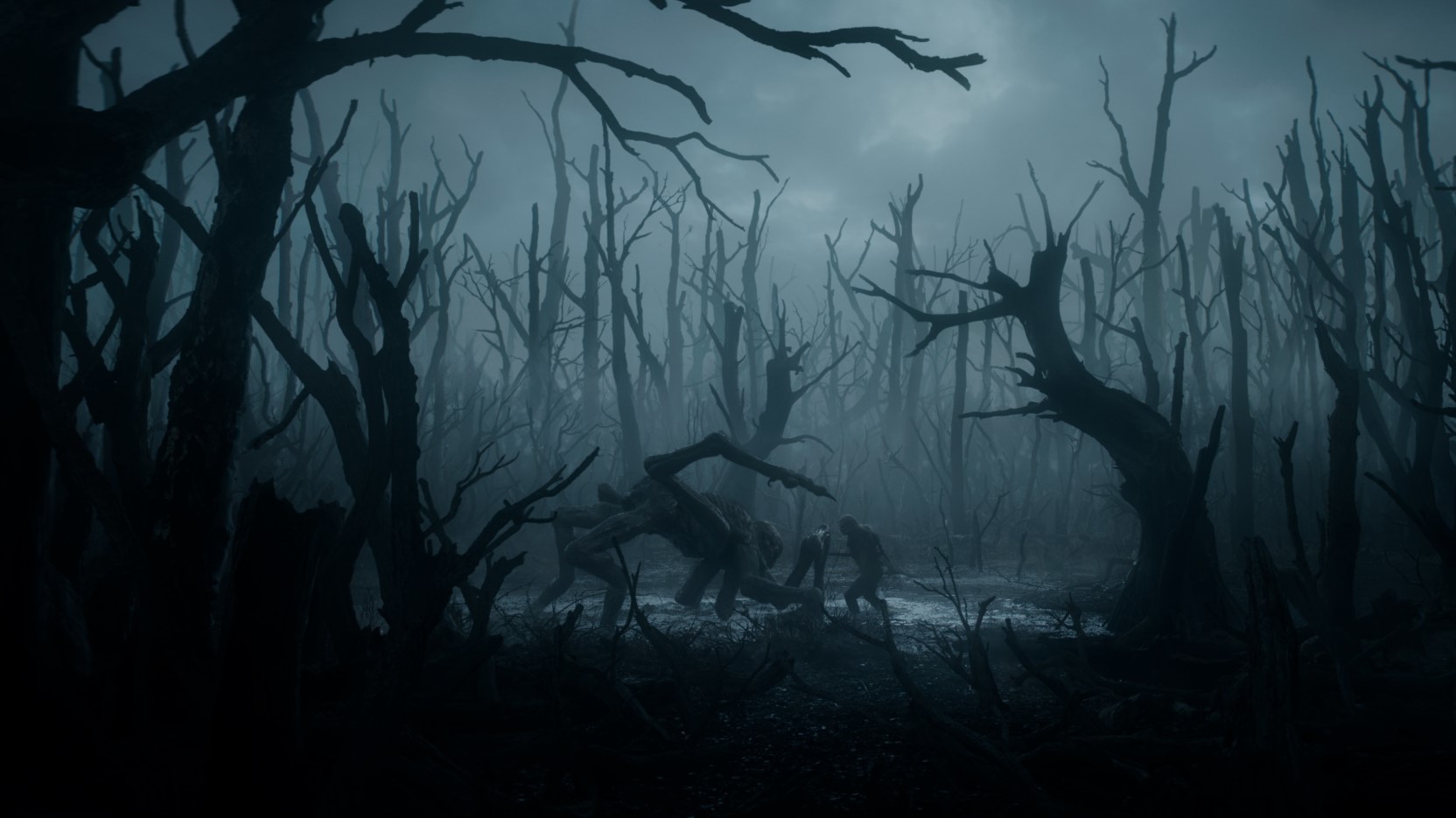
All the beasties and spectres are a tasteful mix of CG and practical effects that fit into the postmodern fairytale world naturally.The monster fights are particularly rad—the deft combo of liquid choreography, invisible editing, special effects, and Cavill's performance make for some fun, tense bouts.
In what might be a necessary side effect of adapting the short stories into a more cohesive whole, the show constantly bounces between a bunch of different perspectives and often between time periods. It's my biggest gripe. The framework can be a touch disorienting—there's no warning when the show jumps between time periods and it leaps around liberally at times, but there's a satisfaction in paying close attention and piecing things together as you go. But hey, giving the viewer a little date on-screen here and there wouldn't have ruined anything.
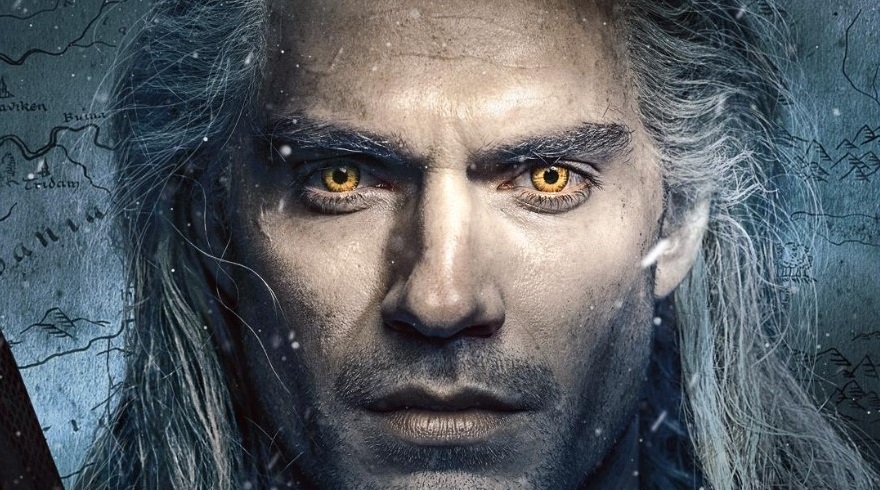
If you're new to The Witcher, here's our primer everything you need to know to get into the Netflix show, books, games, and more. Studying those basic terms wouldn't be a bad idea. Trust me.
The Witcher also spits out new nouns every other minute. Historical figures, old wars, distant kings and countries, political orders, magics, prophecies, and more are referenced in passing and things barely slow down to explain. There's still plenty of exposition, which Jaskier even acknowledges as necessary while doing his thing as the designated fourth-wall-buster, but paying close attention or doing a little wiki homework is almost required.
But I dig it. Nothing's been terribly simplified to fit the format. This world is as deep and wide as in the books and games, and while the show definitely uses the dramatic and cinematic language of a lot of modern television, it doesn't feel like a focus group got between Hissrich and her team's vision.
This is an unrelenting fantasy-ass fantasy story, nothing of major import buffed down to make it more palatable to a wider audience. Yes, that's that a hedgehog-man hybrid. And yeah, he's he gonna kiss the princess. Don't worry about it, he's uh, it's a curse or whatever. They're explaining The Law of Surprise now, be quiet. Cast all doubt aside. Netflix's The Witcher is an excellent adaptation and some of the most exuberant fantasy TV out there.
If you enjoyed the first season, the good news is that there will be more in The Witcher season 2.
James is stuck in an endless loop, playing the Dark Souls games on repeat until Elden Ring and Silksong set him free. He's a truffle pig for indie horror and weird FPS games too, seeking out games that actively hurt to play. Otherwise he's wandering Austin, identifying mushrooms and doodling grackles.
